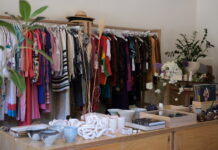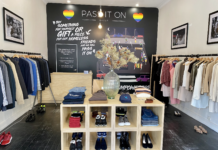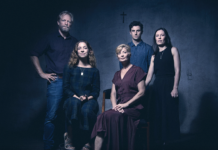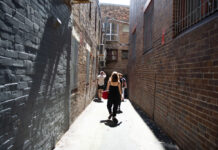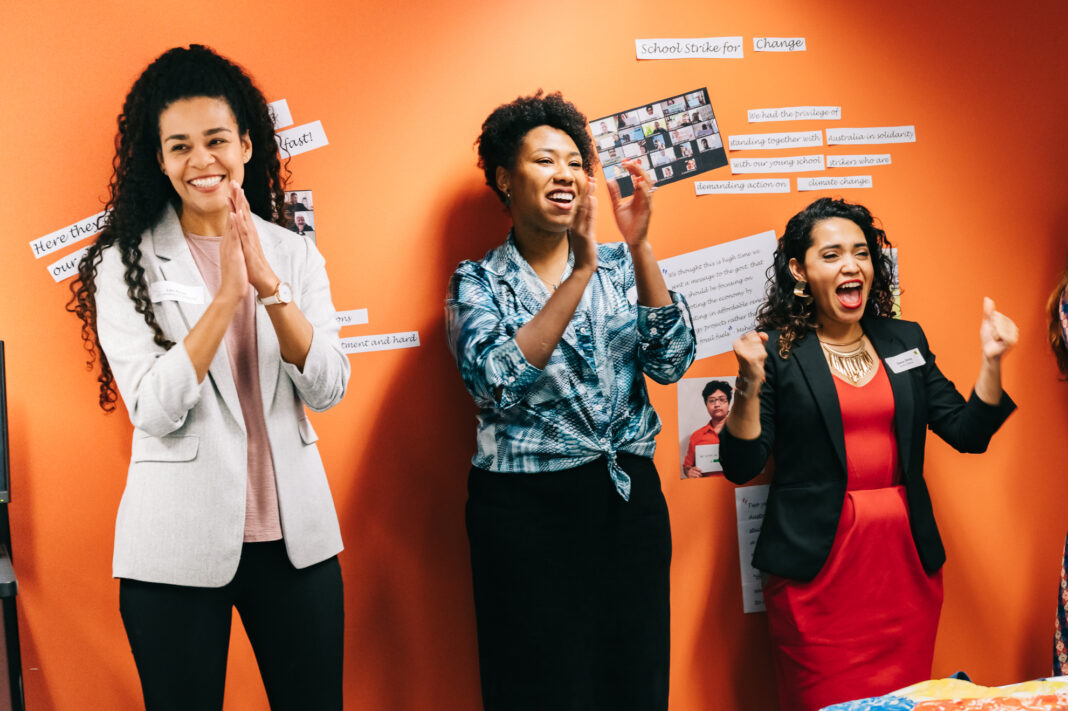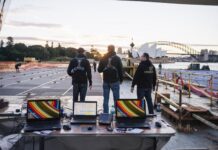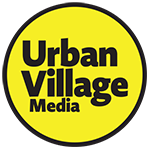In the peak of the pandemic last year, Australia’s international students were left out in the cold. Excluded from any government benefits and told instead that it was simply time to go home, many students faced unemployment, homelessness, and immense stresses to already precarious mental health. Sadly, as international student and photographer Renata told Urban Village, the reaction from the federal government was unsurprising. International students are used to feeling unwelcome.
“In the pandemic, because I was working mostly in hospitality, I lost everything. I didn’t have any support. I thought of leaving Australia because I didn’t have money to pay the rent, to get food and things like that,” said Renata, who has also built up a career as a freelance photographer while studying graphic design.
Renata relied on the Addison Road Community Centre in Marrickville for support and food supplies, and was able strike up a deal with her school to periodically exchange videography work in lieu of tuition fees.
“I like to think I was pretty lucky. It’s not fair because we do pay taxes, we do contribute to the country in any way that we can. Our fees are a big contribution to the economy in Australia.”
In 2019, that contribution was around $40 billion.
“International students have been seen as cash cows, as money. We are actually human beings, and we are pursuing our dreams.”
Our university sector has been decimated by border closures and government funding, which is set to decrease by 8.3% this financial year according to the federal budget. The fact that universities have been left to rely on international students for money instead of the federal government, and these students had to then turn to community groups for support when they needed it most, highlights the continued neglect by those in power, whose priorities lie in buoying their reputation rather than their own people.
The Prime Minister’s solution to ‘just go home’ was an impossibility for the majority of international students. For one, flights were virtually non-existent to many parts of the world, and the cost of humanitarian flights that were running was exorbitant.
More significantly, many families and communities of international students from developing nations pooled together money for loans to facilitate students’ studies here. Returning home would mean a complete loss of this investment.
“All these young people that you see as international students, we are not all from wealthy families. We come from different developing countries, and we are seeking a better future through education. We shouldn’t be taken for granted in this country.”
Renata was one of the six international students to pioneer a regular international student Zoom session in the peak of the pandemic, aimed at fostering support for students in isolation. The pandemic was the catalyst for these students to seek out help and support from other organisations to advocate for their rights and garner a sense of community.
From these regular Zooms came the idea for a physical hub, where international students could meet, share their experiences, and seek support.
While other states have support hubs for their international students via government initiatives, NSW has previously not provided this kind of support, despite hosting the highest number of international students in Australia.
Diana Olmos is a former international student and now works as a community organiser for the Sydney Alliance, a coalition of unions, religious and community groups. The International Student Hub, a new pilot program run for and by international students, has come about because of campaigning by the Sydney Alliance. In partnership with Sydney Community Forum, the campaign was able to secure a grant of $100,000 from City of Sydney to kickstart the pilot.
“In Colombia I studied economics, worked in the social sector and with the United Nations. I wanted to improve my professional career and realised I needed to learn English. I came to Australia as an English student and the only job I could get was cleaning while I was studying English,” Diana told Urban Village.
“There is nothing wrong with being a cleaner if you are paid correctly and legally. But I was underpaid for many years, and I didn’t know because no one explained my working rights.”
“My self-esteem was really affected. I used to work professionally back home and here I felt like I was nobody,” said Diana.
“It took me a long time to figure things out. Australia can be intimidating and very lonely.”
The Hub pilot program will run until the end of the year, with the aim of securing the necessary additional funding to make it permanent. With no other support framework for international students of its kind, this is a vital piece of social infrastructure that state and federal governments should get behind.
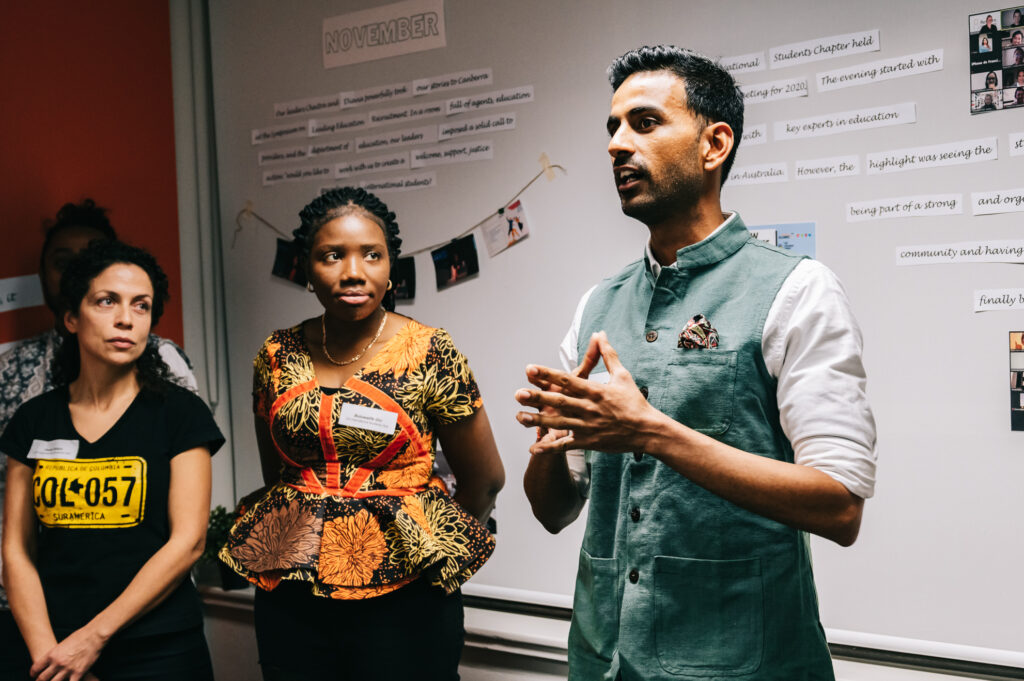
“I think things cannot get back to normal because for international students the normal before Covid wasn’t working anyway. Work exploitation has been one of the continuous issues and challenges of international students, that has been happening for years,” said Diana.
“With the reopening of borders, yeah, like, new students can come but under what type of conditions? New people can come, we can ensure that they pay a lot of money to quarantine and to study, but what happens in the journey of the student outside of the classroom?”
It seems that a systemic shift in how we see international students needs to occur for there to be any real change during the pandemic and beyond. The Hub, which facilitates interaction between international students and locals, is the first step towards making space for dialogue, for stories to be shared and for students to be made to feel like they belong here, that they are welcome.
“We need the community to be unified. We need the students to know when they are being mistreated, when they need help, where to go. I think the Hub will give that to the students and give that safety net that international students in Australia really need,” said Renata.
“I just hope if they [students] come that they feel really welcome, and they don’t feel that they are alone here. Because I think the fear of loneliness is the one that is most harmful. When the borders are open, the situation will be much better for the international students if we have the support that we need.”
The pilot International Student Hub is at 72 Mary Street, Surry Hills. For more information about the hub, or if you are keen to support in any way, you can contact Diana at: dolmos@sydneyalliance.org.au.

